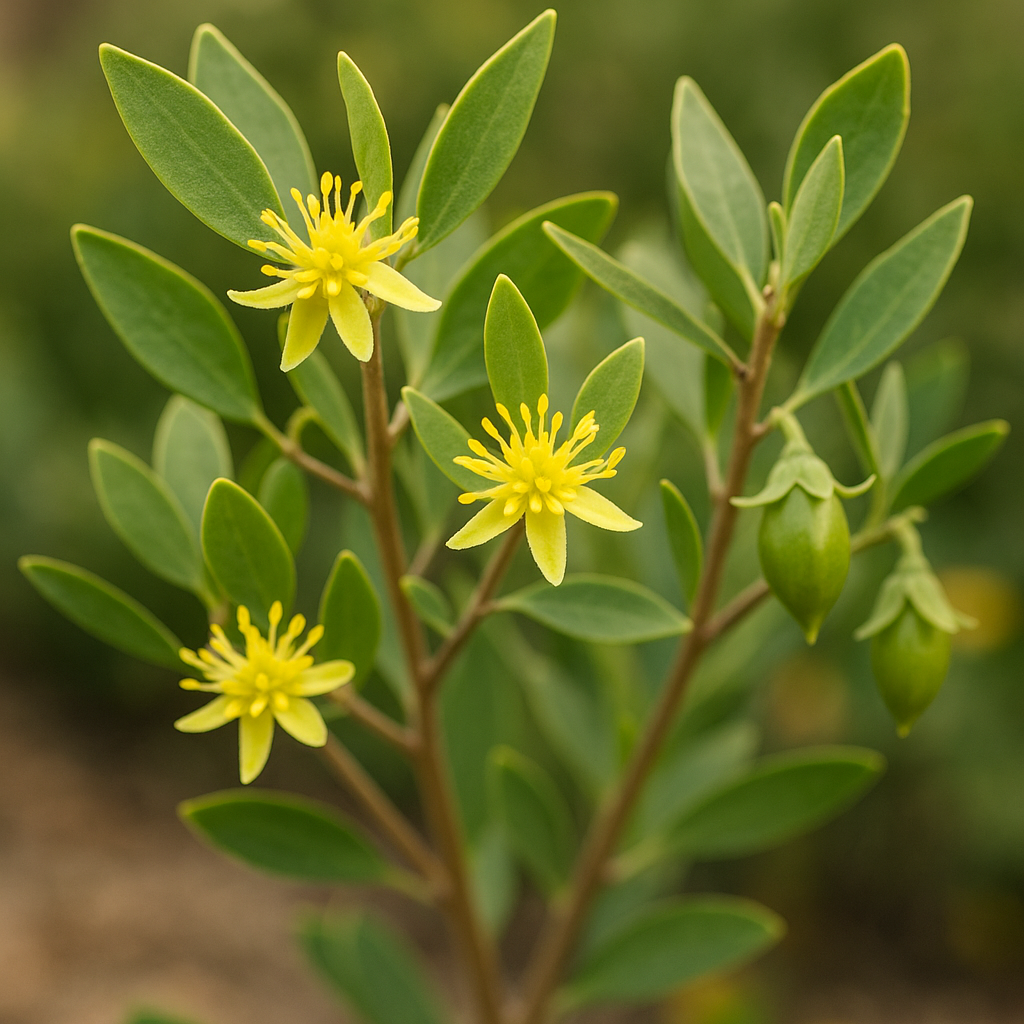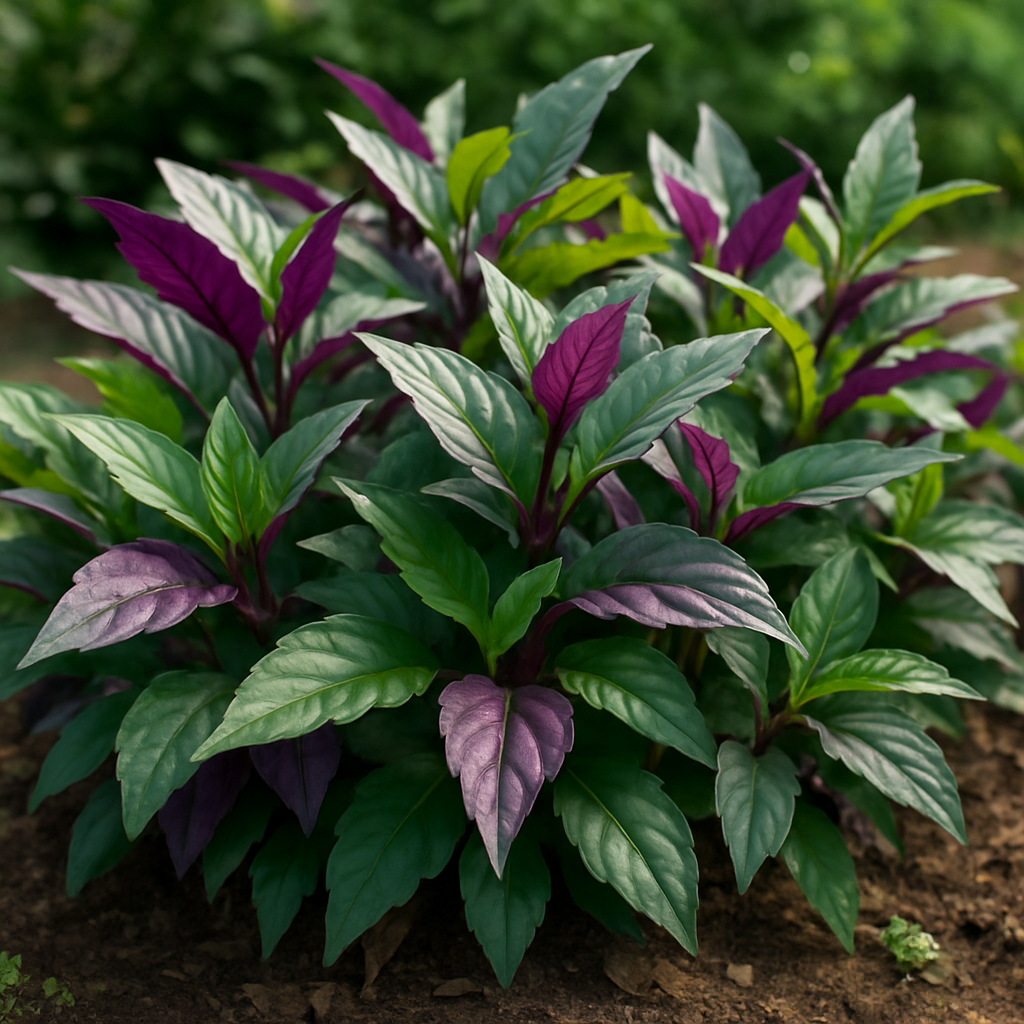Juniper Seeds: Grow Your Own Hardy Evergreen Shrubs
About Juniper Seeds
Juniper (Juniperus), a versatile and hardy evergreen shrub, is known for its aromatic berries and beautiful, needle-like foliage. It belongs to the Cupressaceae family and comes in many species, each offering distinct characteristics. Juniper seeds are the starting point for growing these shrubs, which can range from low-growing ground covers to tall, tree-like varieties. The juniper berries produced by the plant have been used for centuries in culinary, medicinal, and aromatic applications, particularly in the creation of gin.
Whether you are looking to grow junipers for their ornamental value, use their berries in cooking, or create a natural privacy screen, juniper seeds offer a reliable option for gardeners looking to cultivate these hardy plants.

Why Grow Juniper?
There are many reasons to grow Juniper in your garden:
-
Aromatic Berries: Juniper berries are not only used in gin-making but can also be used to flavor dishes and for medicinal purposes.
-
Low Maintenance: Junipers are known for being drought-tolerant, low-maintenance shrubs once established. They thrive in poor soils and don’t require frequent pruning.
-
Versatile Use: Junipers can be used for landscaping, as ground covers, or for privacy hedges. Their beautiful foliage makes them a great choice for year-round interest in your garden.
-
Wildlife-Friendly: The berries provide food for various wildlife, including birds, while the foliage offers shelter for smaller animals.
When to Plant Juniper Seeds
The best time to plant Juniper seeds is during early spring or late winter when temperatures are still cool. Juniper seeds require cold stratification to break dormancy, so it’s essential to mimic the natural winter conditions they would undergo in the wild. If you're starting the seeds indoors, it is best to refrigerate them for 3 to 4 weeks before planting to ensure proper germination. For direct outdoor sowing, wait until the soil has warmed up sufficiently.
Where to Grow Juniper
Juniper plants thrive in well-drained, slightly acidic to neutral soils and prefer locations with full sun. They are well-suited for dry, rocky soils and can tolerate poor conditions better than most other plants. The plant prefers areas with good airflow, which helps prevent fungal diseases. You can grow Juniper in open fields, gardens, rock gardens, or as a hedge. These plants are often used as ground covers, or privacy screens, and work great in xeriscaping (drought-tolerant landscaping).
How to Grow Juniper from Seeds
Growing Juniper from seeds involves a few steps:

-
Stratification: Juniper seeds require a period of cold stratification to germinate. Place the seeds in a moist, cold environment for 3 to 4 weeks, such as in a sealed plastic bag in the refrigerator.
-
Sowing the Seeds: Once stratification is complete, sow the seeds in well-drained soil in a container or directly in the garden. If planting in a container, use a seed-starting mix. Plant the seeds about 1/8 inch deep in the soil.
-
Germination: Keep the seeds in a cool and bright location, with temperatures around 65°F to 70°F (18°C to 21°C). Juniper seeds can take 3-4 weeks to germinate.
-
Transplanting: Once the seedlings are large enough to handle and the threat of frost has passed, transplant them into larger pots or directly into the ground. Ensure that the soil is well-drained and that the location receives full sunlight.
How to Care for Juniper Plants
Junipers are relatively low-maintenance but will thrive with the following care:
-
Watering: Once established, junipers are drought-tolerant. However, young seedlings will need regular watering until their root system is well-developed. Water deeply, but allow the soil to dry out between waterings.
-
Pruning: While junipers are naturally tidy, you may prune them to maintain a specific shape or size, particularly for hedges or topiary. Always prune in the late winter or early spring before new growth begins.
-
Fertilizing: Junipers generally do not require heavy fertilization. If your soil is poor, a slow-release, balanced fertilizer applied in the spring will encourage strong growth.
-
Pest Management: Junipers are relatively pest-resistant, but they can occasionally attract scale insects, aphids, or spider mites. Regularly inspect your plants for pests and treat with insecticidal soap if necessary.
Companion Plants for Juniper
Junipers make excellent companions for various other plants, especially those that share similar water and sunlight needs:
-
Lavender: Both lavender and junipers thrive in dry, well-drained soil and benefit from the same care requirements.
-
Coneflowers: Echinacea (Coneflowers) are great for planting alongside junipers, providing vibrant color and attracting pollinators.
-
Creeping Thyme: As a ground cover, creeping thyme pairs well with junipers, filling in spaces while offering aromatic foliage.
-
Sedum: These drought-tolerant succulents make perfect companions in xeriscaping, offering texture contrast alongside junipers.
Harvesting Juniper Berries
Juniper berries can be harvested once they have turned a deep blue or purple color, typically in late summer or fall. The berries can be used fresh, or you can dry them for later use in cooking, making teas, or in the production of gin. To harvest, carefully pick the berries by hand or use a gentle method to collect them from the shrub. After harvesting, store the berries in a dry, cool place to preserve their flavor.

Final Thoughts on Juniper Seeds
Growing Juniper from seeds is a rewarding experience that results in hardy, aromatic shrubs perfect for a variety of purposes, from landscaping to culinary use. Whether you are looking for an easy-to-care-for evergreen for your garden or want to harvest juniper berries for culinary or medicinal use, juniper seeds offer an accessible and sustainable way to cultivate these beautiful plants. For high-quality organic juniper seeds, visit Organicindiaseeds.com and start growing your own juniper plants today!



Leave a comment
This site is protected by hCaptcha and the hCaptcha Privacy Policy and Terms of Service apply.